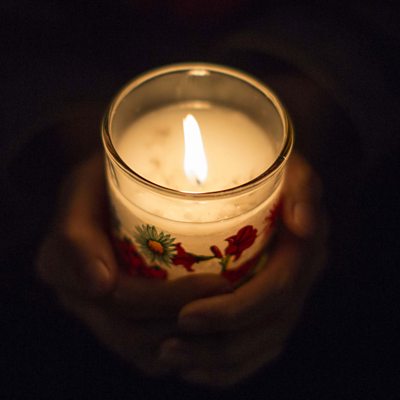Episode details

Available for over a year
In 1934, an eleven-year old Shimon Peres made the journey from Wiszniew - in what was then Poland - to British Mandate Palestine. His grandfather, Rabbi Meltzer, came to the train station to see him off. The boy and his grandfather had been close, often studying Torah together. “My child” the Rabbi pleaded with his grandson in an emotional goodbye, “Always remain a Jew.” Even as his parents became less observant, the boy remained connected to the religion of his ancestors, once smashing the family radio when he caught his parents listening to it on Shabbat. And unlike many of Israel’s founding politicians - who were typically much more secular minded - Shimon Peres understood the commandments of God be the foundations of the Jewish people. Be to a Jew was to keep one side of an agreement originally struck between Abraham and the Almighty. This agreement constituted a special relationship, and came with a set of specific obligations – from circumcision to the maintenance of the Sabbath. Yet for Peres the politician, the Rabbi’s encouragement to remain a Jew wasn’t just some abstract piety. In August 1942, Peres’ grandfather, like millions of others, was murdered by the Nazis. They locked all the local Jews in Wiszniew’s wooden synagogue and set it alight. At the beginning of the 20th century, 70% of the population of Wiszniew was Jewish. Halfway through the century, none of them were. This is why the state of Israel exists. And this is why many Jews regard the foundation of the State of Israel as itself an act of salvation. Generally speaking, Christians think of salvation as something individual and spiritual, a personal drama for the private sphere. But in the Hebrew Scriptures, and for many Jews, salvation is something different – more corporate and practical, inherently public. Here salvation is as much about being saved from an outward threat, like the Babylonian army or European anti-Semitism. Which is why the Rabbi’s injunction “remain a Jew” isn’t simply a matter of private observance. Shimon Peres was a man of contradictions. Outside of Israel, he was best known for his Nobel peace prize. “If you have children”, he said, “you cannot feed them forever with flags for breakfast and cartridges for lunch”. Nonetheless, he was also instrumental in building up Israel’s military power, including its nuclear weapons programme. And many Palestinians dismiss his dovish reputation, regarding him as one of the principle architects of their occupation. My view is that Shimon Peres sought to protect his people and their covenant with God. And whilst he often did this with gun in hand, he never believed that the search for peace was naive or delusional. Indeed “those who give up on peace are the ones who are delusional” he said. And for all of this, I think he did his grandfather proud.
Programme Website